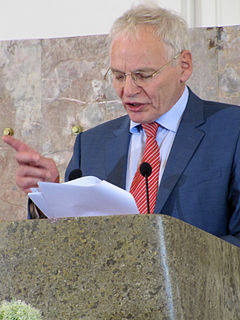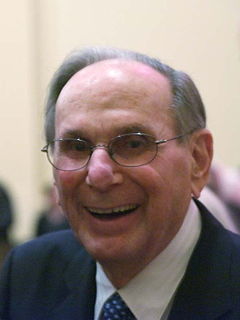A Quote by Elizabeth Thornton
To increase our objectivity, we must learn to switch off the mini-movies. Objectivity requires us to be mindful, present in the moment, and experiencing what is happening without judgment.
Related Quotes
Living in the present moment requires discretion toward memory. Without memory we'd have amnesia. What good would there be in that? Offer discretion and discernment for our past with a broad spectrum of forgiveness. As for our present moment, delight. And dedication to remain fully present to all the possibility.
It should be totally fine to question the objectivity of scientists and the power structures in scientific institutions. The physical laws of the universe are objective, but human beings in any context are not. That includes with regard to science. To some extent, the supposed objectivity of science has given a lot of extra cover to very subjective and eccentric approaches to exploring aspects of ourselves and the universe around us.
Many journalists become very defensive when you suggest to them that they are anything but impartial and objective. The problem with those words "impartiality" and "objectivity" is that they have lost their dictionary meaning. They've been taken over. "Impartiality" and "objectivity" now mean the establishment point of view.
Meditation accepts us just as we are-in both our tantrums and our bad habits, in our love and commitments and happiness. It allows us to have a more flexible identity because we learn to accept ourselves and all of our human experience with more tenderness and openness. We learn to accept the present moment with an open heart. Every moment is incredibly unique and fresh, and when we drop into the moment, as meditation allows us to do, we learn how to truly taste this tender and mysterious life that we share together.
Most people confuse the "now" with what is happening to them in the now. Actually what is happening to you now has nothing to do with the present moment itself. If you were to suddenly die the present moment would remain. The problem occurs when we attach in our minds with what is happening to "us" presently. This is simply a mental construct that we have created ourselves. It is much like a grievance, either real or imagined. If we attach to grievances we are constantly inflicting suffering on ourselves, not the other party.






































